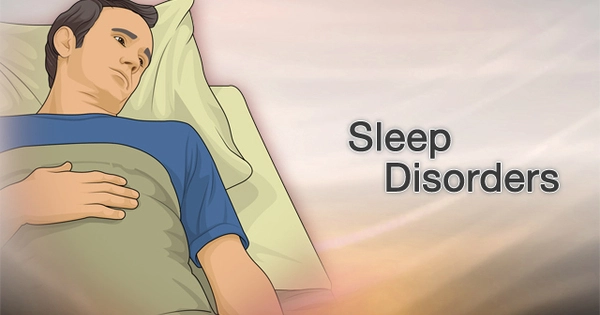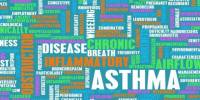Sleep disorders are conditions that interfere with or prevent you from getting enough restful sleep, resulting in daytime sleepiness and other symptoms. It is also known as somnipathy and is a medical condition that affects a person’s sleep patterns. Everyone can have sleep problems from time to time. Some sleep disorders are severe enough to impair daily physical, mental, social, and emotional functioning. Polysomnography and actigraphy are common tests used to diagnose sleep disorders.
Not getting enough or good quality sleep causes more than just fatigue. Sleepiness impairs cognitive function, which can result in learning disabilities in children, memory loss in people of all ages, personality changes, and depression. Most people have occasional sleep problems as a result of stress, hectic schedules, and other external influences. However, if these problems become frequent and interfere with daily life, they may indicate a sleeping disorder.
Dyssomnias, parasomnias, circadian rhythm sleep disorders involving sleep timing, and other disorders caused by medical or psychological conditions are the broad categories of sleep disorders. Insomnia, the most common sleep disorder, occurs when a person struggles to fall and/or stay asleep for no apparent reason. Sleep apnea, narcolepsy, hypersomnia (excessive sleepiness at inappropriate times), sleeping sickness (disruption of the sleep cycle due to infection), sleepwalking, and night terrors are some of the others.
Symptons
Sleep disorders are characterized by excessive sleepiness during the day and difficulty falling asleep at night. Some people may doze off at inconvenient times, such as while driving. Other symptoms include breathing in an unusual pattern or having an uneasy urge to move while trying to sleep. It is also possible to have unusual or bothersome movements or experiences while sleeping. Another symptom of sleep disorders is an irregular sleep-wake cycle.
Sleep disruptions can result from a variety of factors, including teeth grinding (bruxism) and night terrors. Sleep disturbances caused by mental, medical, or substance abuse disorders should be treated by addressing the underlying conditions.
Diagnosis and treatment
If you suspect you have a sleep disorder, it’s critical to get a diagnosis and treatment as soon as possible. When sleep disorders go untreated, the negative effects can have far-reaching health consequences. They can also have an impact on your work performance, cause strain in relationships, and impair your ability to perform daily tasks.
Both children and adults suffer from primary sleep disorders. However, because the majority of cases go undiagnosed, there is a significant lack of awareness in children with sleep disorders. Increased medication use, age-related changes in circadian rhythms, environmental changes, lifestyle changes, pre-diagnosed physiological problems, or stress are all common contributors to the onset of a sleep disorder. Among the elderly, the risk of developing sleep disordered breathing, periodic limb movements, restless legs syndrome, REM sleep behavior disorders, insomnia, and circadian rhythm disturbances is especially increased.
















